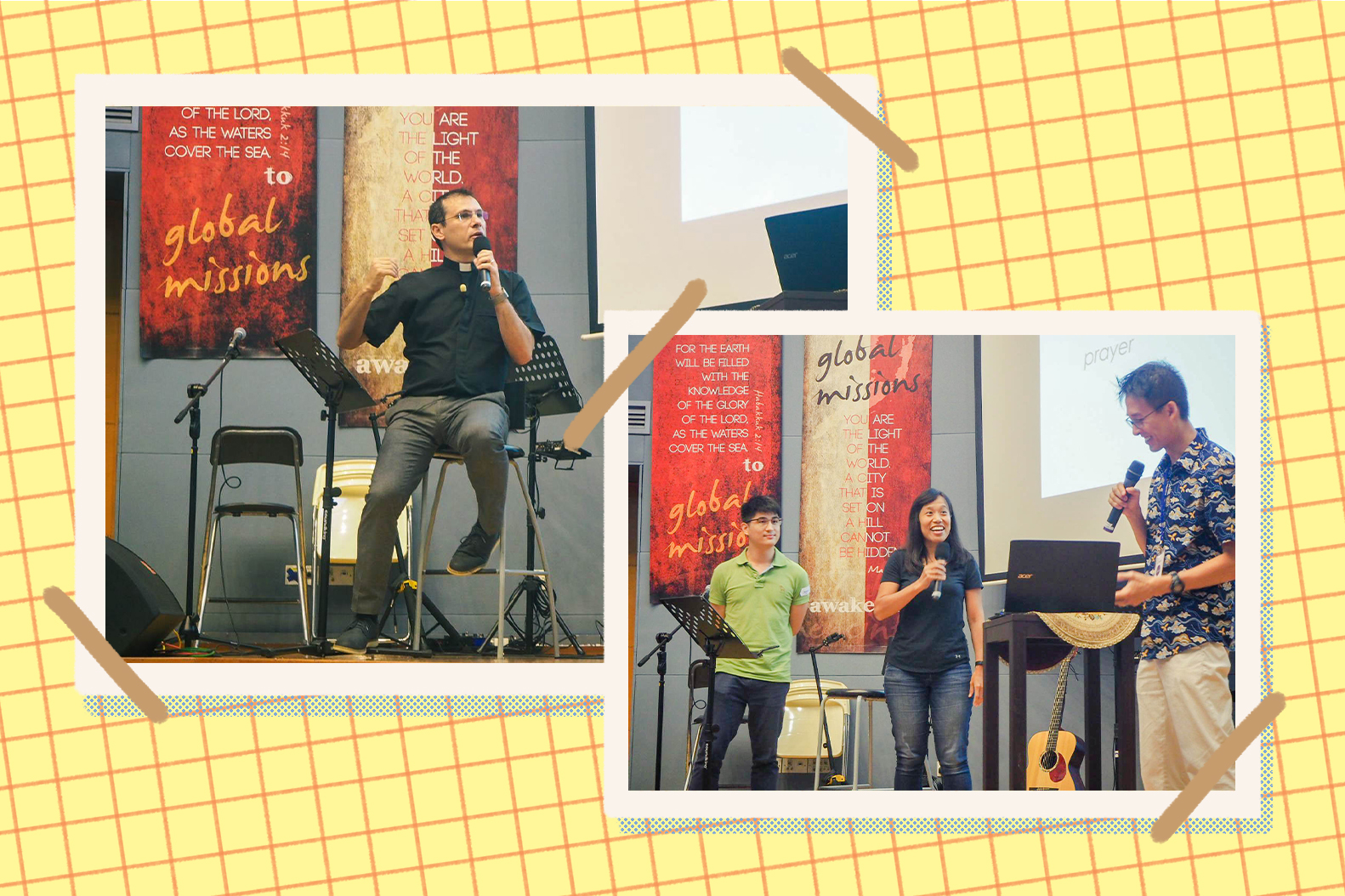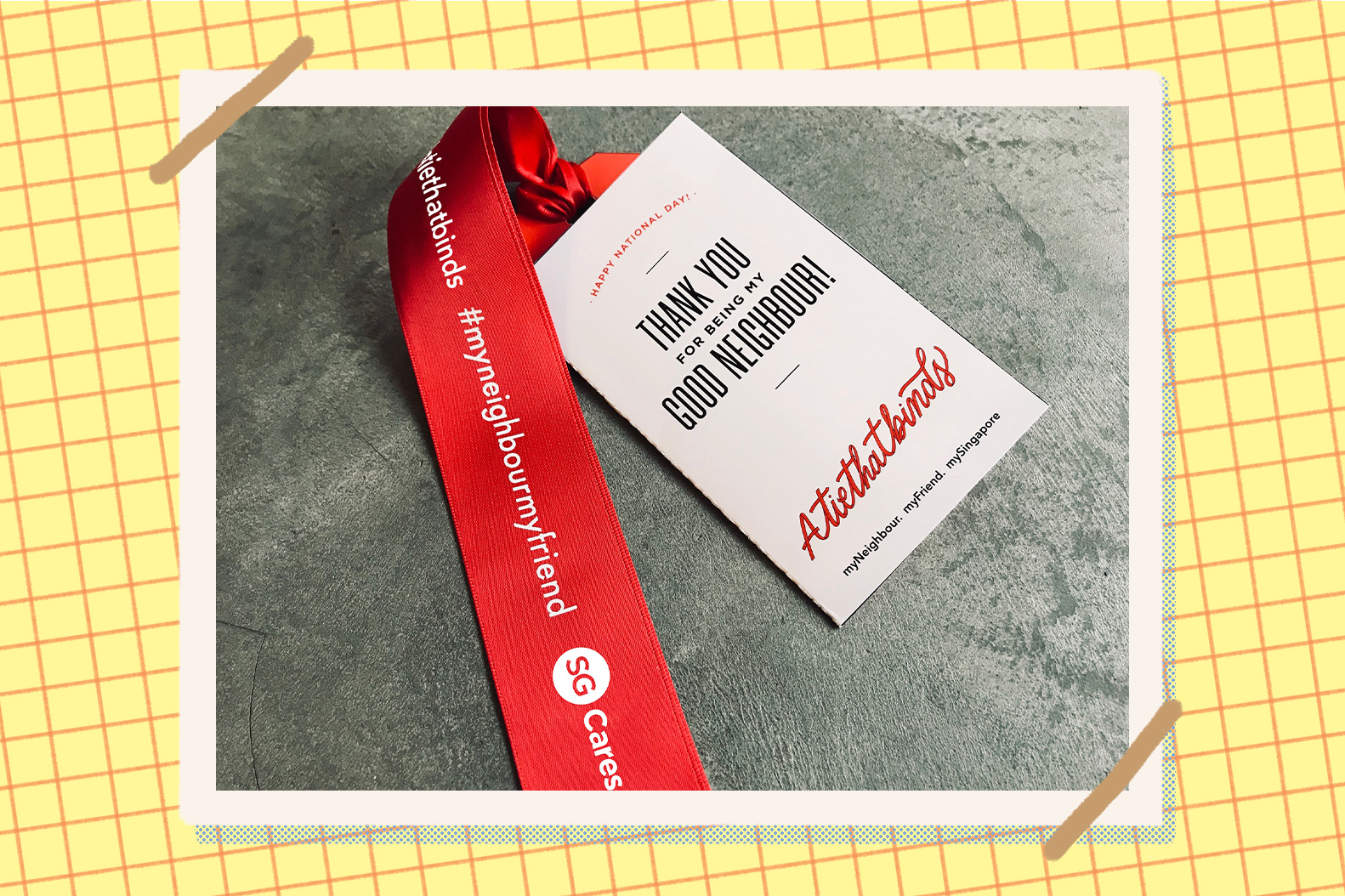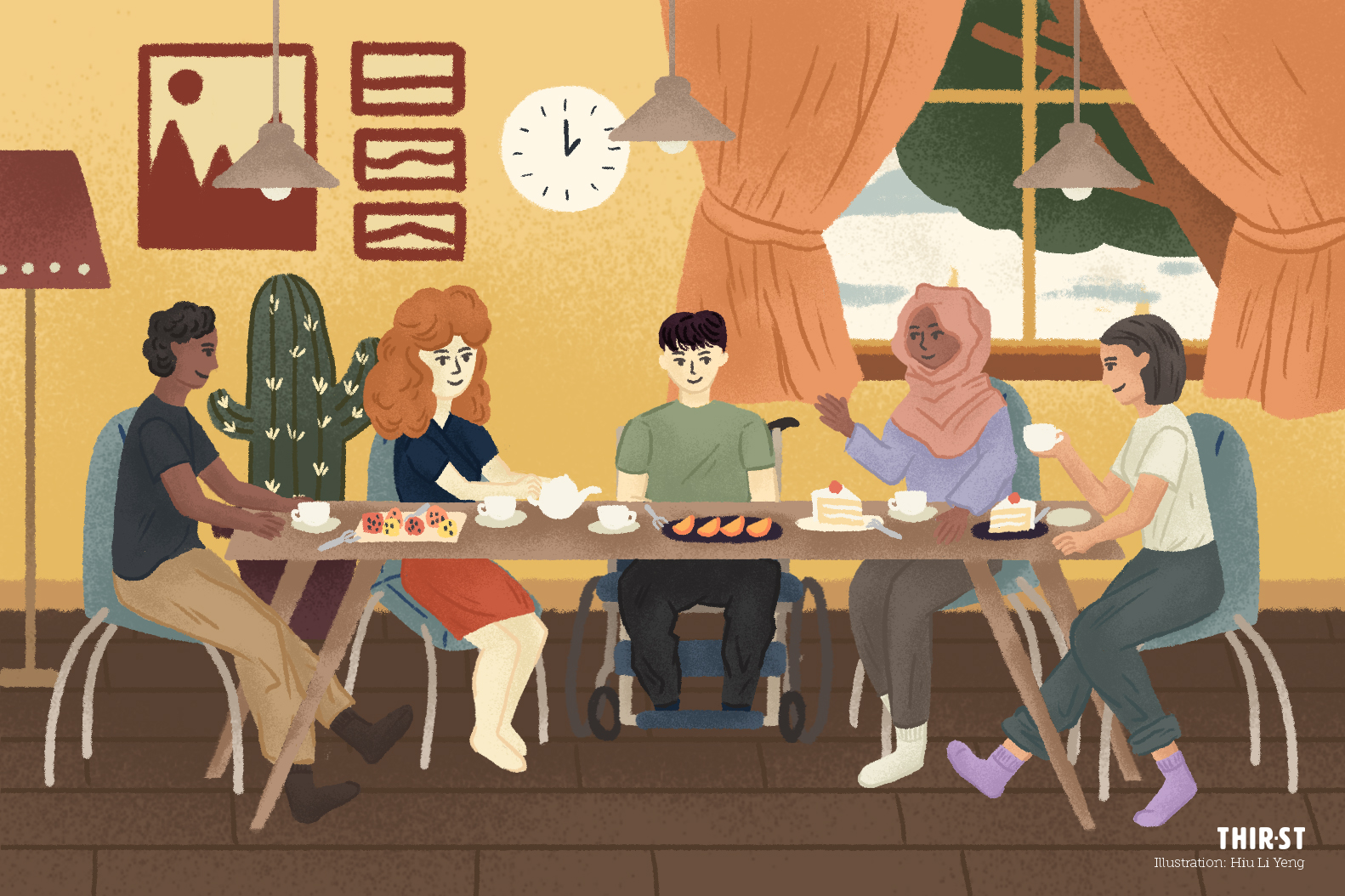Who is my neighbour?
This question posed to Jesus by a religious leader sounded innocent enough (Luke 10:25-37). But if you looked deeper, it was by no means a simple question.
Beneath that probing lay an assumption: Who is my neighbour whom I’m obliged to love, and who is not my neighbour whom I don’t have to love?
The man might have been expecting Jesus to tell him that the definition of his neighbour would include only Jews.
But Jesus’ reply with the story of the Good Samaritan issued a challenge – not just to the expert of the law who came to him with that question 2,000 years ago, but also to Christians today who are living alongside people of different ethnicities and faiths.
Simply put, God calls us to love everyone.
At the recent Micah Conversation, Rev Dr Munther Isaac, academic dean of Bethlehem Bible College, shared about peacemaking and reconciliation with people of other faiths – an apt topic given that he himself has had to endure prejudices because of his identity as a Palestinian.
“We, as Christians, are so good at building walls. We think of the idea of ‘us’ versus ‘them’ – with us being our traditions and faith, and them being those who don’t think like us,” he said.

As a Palestinian Christian, Dr Isaac was often asked how he related to Islam while growing up.
While others saw religion, he saw individuals.
He said: “They are my neighbours, my classmates, my friends. We cannot simply look at ideologies and colour every one with the same brush.
“My experience is that walls do not bring peace.”
Back home, the wall that stands between Jerusalem in Israel and Bethlehem in Palestine serves as a stark reminder of separation for him, but many times, the mentality of division can exist even with the absence of a physical barrier.
Dr Isaac explained: “It’s self-satisfying to think that I’m better than everyone else. We look down on others. That’s the position of privilege and superiority.”
And when we start to build walls, what happens is that we stop caring.
“We become apathetic. We see suffering and we don’t care,” he added.
Going back to the Parable of the Good Samaritan in the gospel of Luke, we know that the man who was attacked by robbers was lying by the road when both a priest and a Levite saw his plight, but both decided to mind their own business.
“The two people who walked by and did nothing were religious leaders. Maybe they were too busy and were going to a missions or a worship conference. They had no time,” Dr Isaac quipped.
In contrast, it was the Samaritan – the most despised people of that time – who became the hero of the story because of his compassion for the victim.
Dr Isaac then singled out one of his favourite parts of the parable: When Jesus was describing the wounded victim, notice that he had been stripped and was left half-dead.
“This means he was lying on his ground with no clothes and was not able to speak. Because of this, we cannot determine his identity – not from his clothes nor from his language.”
CHRISTIANS VS “THE OTHER”
That’s the beauty of the story, said Dr Isaac. The fact that you can’t even make out who he is.
“Who is he? It’s simple. He’s a human being. Your neighbour is a human being.
“When it comes to people of other faiths, of other ethnicities, (the challenge) is to love them as our neighbours, to love them as ourselves. To humanise the other.”
So important was this to Jesus that He equated loving our neighbour with loving God.
“You cannot claim to love God if you don’t love your neighbour – and not just loving your neighbour, but loving your neighbour as yourself,” pointed out Dr Isaac.
Because at its core, Christianity is about sacrificial love: Jesus showed us what that meant when He came to live among us.
“We need to incarnate and embody the Christian message to people,” said Dr Isaac. “Jesus chose the most marginalised people and spent most of His time with them. That is what it means that God so loved the world.”
Addressing the fears that some Christians might have about being assimilated into the prevailing culture once walls are demolished, Dr Isaac said it boils down to our understanding of what being holy means – while it’s a call to be distinct, it doesn’t mean that we should isolate ourselves.
“We’re called to protect ourselves from the principles of the world, not people,” he shared. “Otherwise we become Christians living in the desert.”
We’ve hidden our light in our churches because we want to protect ourselves, Dr Isaac noted.
“But Jesus is really challenging and maybe lamenting our apathy as Christians. He’s challenging us to care.
“I believe before we’re even qualified to witness to people of other faiths, we need to build these bridges of trust.”
SO HOW CAN WE BUILD BRIDGES?
The first step is to look in the mirror and examine any prejudices we might be harbouring.
The second is to be courageous and make the first move to connect with people around us.
From Dr Isaac’s experience, every time he has done this, he has found others to be even more eager in forging friendships.
“You’ll always be surprised that the people you’ve always been hesitant to contact are the same people who are waiting for an opportunity to build that relationship with you… You’ll be surprised the answer will be: ‘Where have you been?'”

This National Day, there’s a chance for us to put this in action.
National unity flows from good neighbourliness, and on August 9, LoveSingapore is renewing one of its earlier initiatives: Good Neighbour Day.
It’s a good excuse to appreciate your neighbours – send them a gift of love, write them a thank you note or simply greet them!
As we celebrate the 54th birthday of our nation, let’s reach out to build bridges, not walls.
As Dr Isaac reminds us, in a world that’s filled with so much hostility, in a world that’s in need of an alternative message, we’re called to respond in a radical way.
“That radical way is the way of love. It’s the way of Jesus. We follow Jesus to the other side of the wall.”
- What prejudices do you have when you think about people from other faiths or ethnicities?
- How can you better love them?
- What can you do to affirm and appreciate your neighbours?









